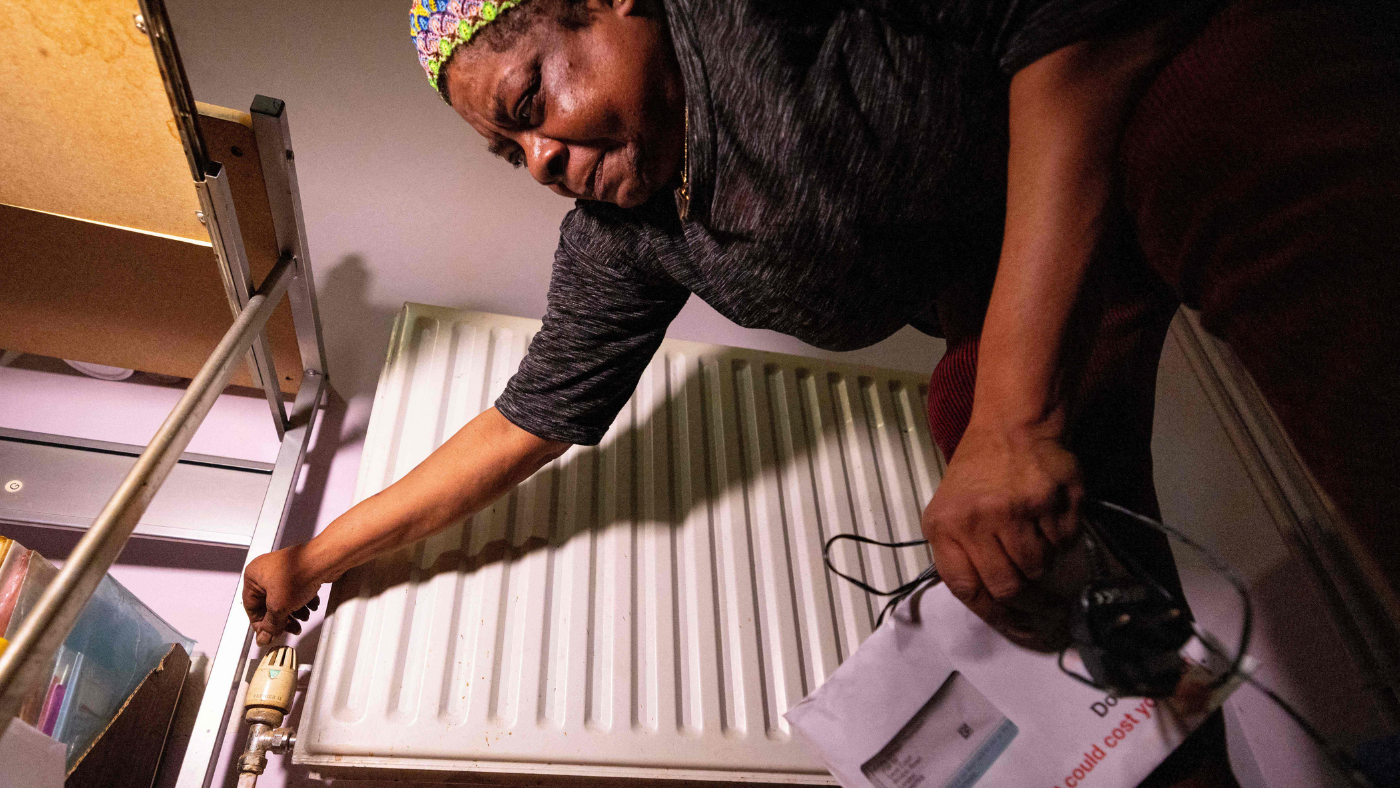Warm banks: a worrying winter necessity?
Campaigners warn heated public spaces are not a sustainable solution to cost-of-living crisis

A free daily email with the biggest news stories of the day – and the best features from TheWeek.com
You are now subscribed
Your newsletter sign-up was successful
Anti-poverty campaigners have warned the rise of “warm banks” over the winter is not a sustainable solution to the cost-of-living crisis and should not become normalised as food banks have.
Warm banks or “warm spaces” – heated public spaces where people who cannot afford to heat their homes can go to warm up – are set to become a regular feature on Britain’s high streets as millions struggle with rising energy bills and the cost-of-living crisis.
Just as community food banks have been set up to take donations and hand out emergency supplies to low-income families and individuals, warm banks “will give those unable to afford the exorbitant cost of home heating somewhere to go once the weather turns”, said The Independent. “Libraries, art galleries, community centres and places of worship could all be used in this way, giving people some respite from the cold,” the paper added.
The Week
Escape your echo chamber. Get the facts behind the news, plus analysis from multiple perspectives.

Sign up for The Week's Free Newsletters
From our morning news briefing to a weekly Good News Newsletter, get the best of The Week delivered directly to your inbox.
From our morning news briefing to a weekly Good News Newsletter, get the best of The Week delivered directly to your inbox.
Food banks equivalent
According to the fuel poverty charity National Energy Action, more than 10,000 people die each year in the UK as a result of living in a cold home. Yet with many people expected to turn off their heating over the winter because they cannot afford to pay their bills this number is expected to increase, leaving councils and charities scrambling to step in and offer a solution.
“The idea isn’t a new one”, said HuffPost. It cited a community support group in Bungay, Suffolk, that last year “set up a ‘Warm Rooms Project’ which provided heated spaces for residents of the town and its neighbouring villages to go and keep warm”.
But it was consumer rights campaigner Martin Lewis who brought the idea to national attention in July.
A new normal?
Cafes, churches and libraries have opened across Bristol, Sheffield and Cardiff, where warm “hubs” offer a range of services. In one centre in Cardiff a “Story and Sing session for babies and toddlers is taking place in the children’s library area. There is a job centre in one corner, a council housing and advice section in another, a cafe in a third”, said the BBC.
A free daily email with the biggest news stories of the day – and the best features from TheWeek.com
In Scotland, the Daily Record recently reported that at least 216 warm banks have been opened by councils across the country and could soon equal the number of food banks, in what the paper called “a damning indictment on the cost-of-living crisis”.
Yet while more and more warm spaces open up across the UK, “they’re rarely heard of in the rest of Europe”, noted Euronews. “It’s a devastating reality that warm banks are needed in one of the world’s wealthiest countries,” added HuffPost.
The Guardian reported that “those on the frontline of fuel poverty are worried these efforts – though intended as a last resort – could normalise the experience rather than challenging governments to act”.
Peter Kelly, director of the Poverty Alliance, told the paper: “Of course we appreciate why these warm spaces are being set up and they will be a lifeline for some, but it entrenches the idea that the welfare state is peripheral and contingent.
“Compare this to food banks – they were supposed to be an emergency response to austerity and now we have an established and sophisticated network across the country.”
There is also concern warm banks will exclude many people most in need, such as those who are housebound or have limited accessibility, as well as those living in rural areas.
“It also ignores the fact people would need to leave their homes in the first place to go out into the cold to get to these spaces,” said HuffPost, “and that these spaces wouldn’t be open at night, when temperatures drop even more and heat is especially needed.”
Amid rising Covid cases, warm spaces could also serve as incubators that spread the virus further and to vulnerable demographics who would normally stay in their homes, pilling further pressure on an already stretched NHS.